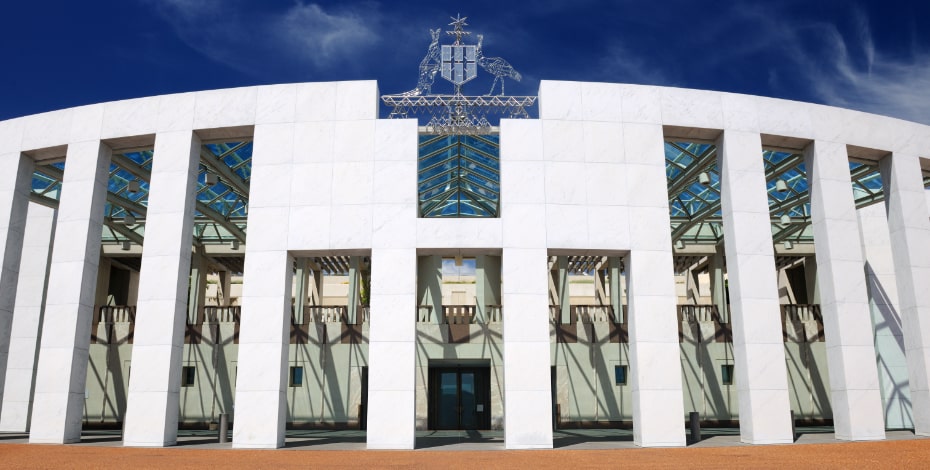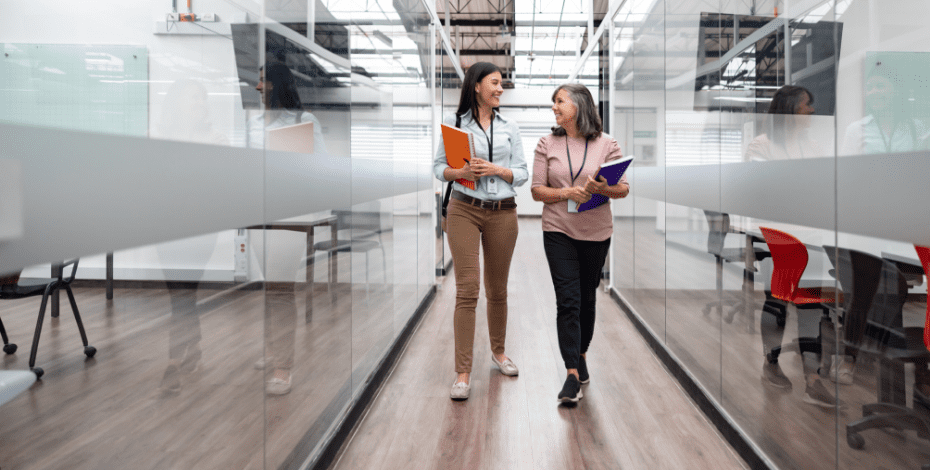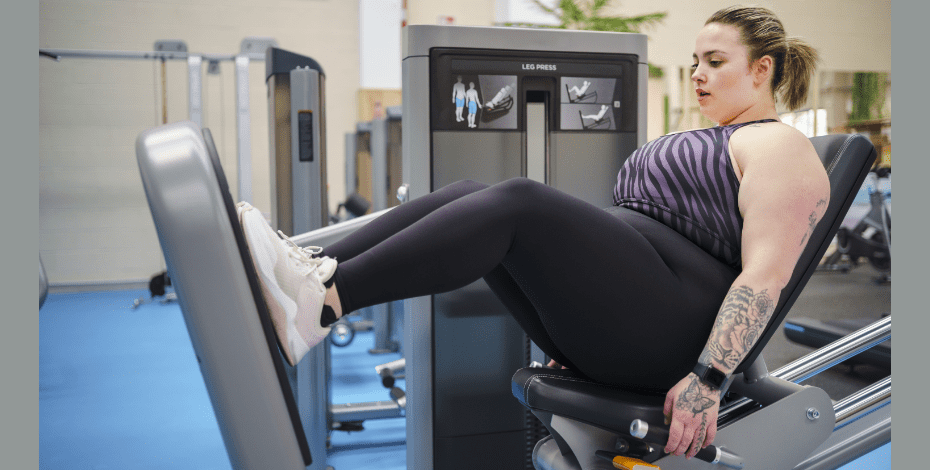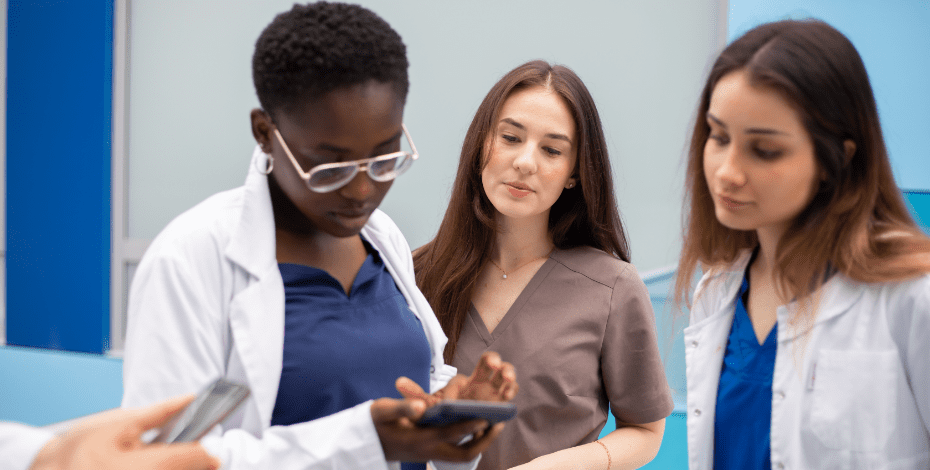
Advocacy in the COVID context

COVID-19 has changed the way we speak to the federal government.
We have been living with severe acute respiratory syndrome coronavirus 2 (SARS-CoV-2) for so long now that it can be hard to recall how we interacted with the federal government BC—before COVID.
For those who work in the federal Parliament, and for associations like the APA whose work involves government relations, advocacy and lobbying, the pandemic has transformed the way we cooperate and communicate.
The most fundamental change has been adapting to the loss of Parliament as a meeting place.
Being inside Parliament presented so many opportunities to literally run into politicians and journalists.
The Australian Parliament is unique in that the press gallery is located within the building.
In the USA, although correspondents are located in the White House and Congress, their main offices are elsewhere in Washington.
A similar situation applies to the British Parliament.
But in Canberra, all media is housed on the second floor of the Senate wing.
It’s a cosy arrangement that allows politicians, staff and media to mingle socially.
The word ‘lobbying’ is actually derived from the entrance way/lobby in the UK’s House of Commons, where interviews and meetings were held between Members and the public.
Centuries later, some of the most effective lobbying of decision-makers is still based on stopping and talking to people in the corridors and function rooms and around coffee dispensaries.
In a ‘normal’ BC sitting week, four to five thousand people worked in Parliament House.
It was like a small town and, like all small towns, there were many opportunities to catch up, meet and engage with others.
Before COVID you would take a president and/or CEO for a wander, stopping MPs and journalists and introducing them, then giving the ‘elevator pitch’:
‘Hi, I’m from the Australian Physiotherapy Association; we’re in Parly discussing our landmark report highlighting the cost savings and economic benefits that physio provides to patients and also huge savings for the health system…’ and this brief interaction was often the most meaningful and engaging form of advocacy.
Before COVID, committee rooms were always booked out during sitting weeks, often by ‘interest’ groups like the APA.
Through the auspices of an attending MP, associations, NGOs and member-based organisations would lobby and advocate by inviting MPs to functions, formal meetings and briefings or to launch a major document, as we had planned with the Value of physiotherapy report.
There are also dozens of Parliamentary Friendship Groups comprised of MPs who meet to hear from experts or speakers or to promote a particular interest.
There are Parliamentary Friendship Groups covering just about every issue and topic, from the ABC to adoption, Australian red meat, arthritis, women’s health, waste and recycling, and young entrepreneurs.
Before COVID, these bipartisan groups would facilitate lobbying and informative meetings where issues could be raised and MPs marshalled (willingly, of course) to talk about an issue in Parliament, at their caucus meetings and in the House or Senate.
Other functions, such as Parliamentary Breakfasts, were an expensive but oftentimes rewarding way of addressing larger numbers of politicians and their advisers.
But the most important way to lobby and advocate was to walk the corridors and drink endless coffees at Aussies Cafe, the Parliament House coffee shop.
There are five coffee outlets in Parliament, however, only the Queen’s Terrace Cafe is open to the public.
Aussies, accessed only by pass holders and registered visitors, is ground zero for lobbying.
It’s not uncommon for a lobbyist or industry group to commandeer a table at Aussies and spend the day there, just on the off-chance that a minister, shadow minister or key independent will be sitting at an adjacent table.
Business cards are handed out, hands shaken, names noted and oftentimes a follow-up invite is forthcoming.
A government relations colleague had tried without success to secure an appointment with an influential MP.
This senator’s office told them no meeting was possible.
End of story.
At Aussies to grab a coffee, she saw the senator sitting alone at a table while their adviser queued in line.
She went up, introduced herself and explained that his staff had declined all meeting requests.
Upon hearing the issue, the senator booked a meeting there and then.
These informal meetings are on COVID hold.
Now we have a clunky, unsatisfactory style of advocacy: Zoom and Skype, all structured and formal and at the whim of technology.
The spontaneity is gone, and so too the casual meetings that have been the basis of advocacy since the new Parliament opened.
© Copyright 2024 by Australian Physiotherapy Association. All rights reserved.






